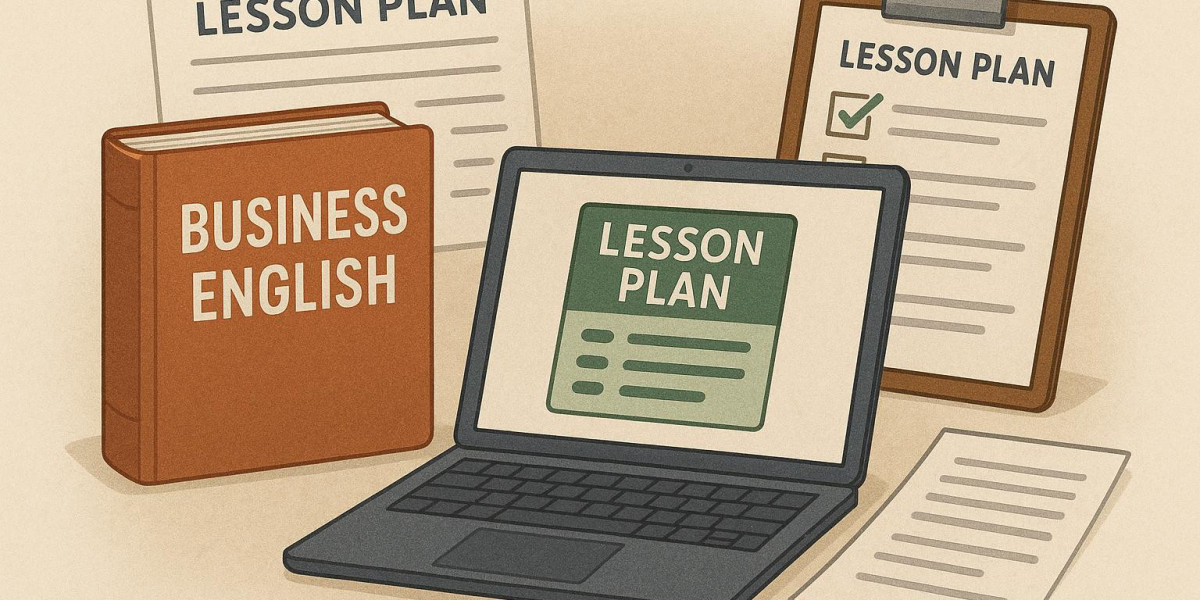English is more than a second language for many learners today—it’s a tool for career development, networking, and global success. In business settings, clear and professional communication is essential, and ESL students must be prepared to meet those expectations.
However, teaching business English can be challenging without the right structure. Unlike general English, business English requires teaching formal tone, industry-specific vocabulary, and appropriate cultural expressions. This level of complexity demands a thoughtful, strategic approach in the classroom.
That’s where Business English Lesson Plans prove their value. These resources are not just worksheets—they are comprehensive tools built around realistic workplace scenarios. Students get to practice essential skills such as negotiating contracts, making presentations, conducting interviews, and more.
These plans help teachers deliver content that is both relevant and practical. Instead of covering random grammar points or disconnected vocabulary, instructors can guide learners through real communication challenges they will likely face on the job. It’s a hands-on approach that makes learning feel purposeful and rewarding.
One of the greatest benefits of using structured lesson plans is the sense of direction it provides for both teacher and student. Lessons build on each other, creating a progression that leads to measurable improvement. Students are not only learning English—they are learning how to function in a professional environment.
In addition, these plans promote engagement. Role plays, case studies, and task-based learning make the classroom dynamic and interactive. Learners become active participants in their education, which boosts motivation and retention.
In summary, business English is no longer a niche—it’s a necessity. With the right lesson plans, teachers can help ESL students gain not just language fluency, but the confidence and skills to thrive in any professional setting.







